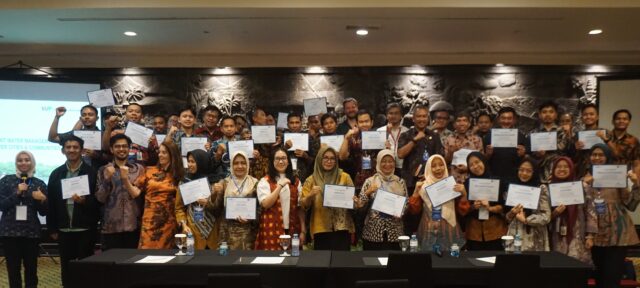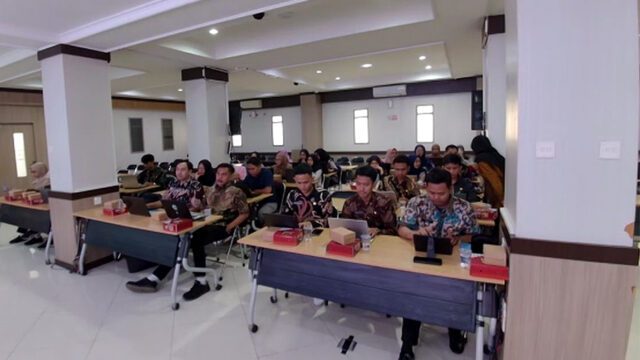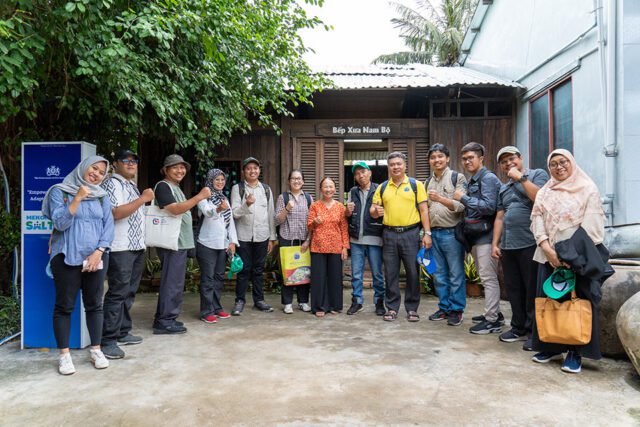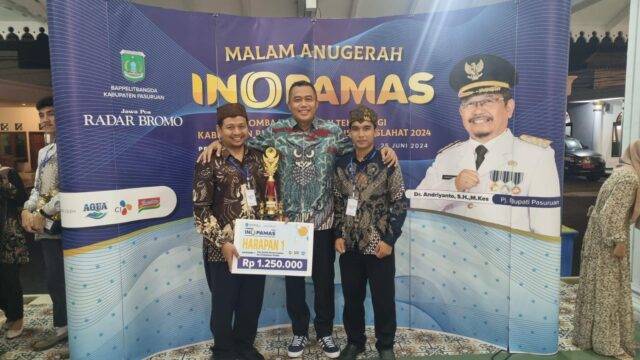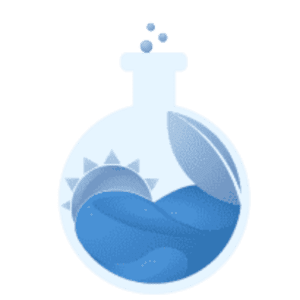During the last week of June 2024, The Water Agency and partners held a series of offline workshops aimed to bring together collaborative solutions for river basin management in the the East Java province of Indonesia. This series concludes weeks of online trainings given to civil servants of various environmental agencies in East Java through Asia Water Academy platform.
First Day: Opening Remarks and Site Visits
During the first workshop, participants were encouraged to come together and determined solutions as well as innovations that could support collaborations amongst various government departments. The event was inaugurated by Hans de Moel, the course director, who presented the general agenda and objectives of the workshop. Formally, the event was inaugurated by Mr. Baju, who discussed the challenges in managing water resources from several rivers in East Java, particularly the Welang River.
In this occasion, a consortium team had the chance to present their actions and interventions that were carried out in various locations. Following this, a presentation from the water resources public works department (PUSDA) provided an overview of the Welang River’s condition and explained the selected sites to be visited. Then further down the timeframe of the workshop, participants proceeded with site visits to several locations, including:
- Upstream at Sanggar Indonesia Hijau: Here, conservation efforts to protect the springs have created economic value for the surrounding community.
- Downstream: Participants observed the risks and impacts of frequent flooding and how monitoring and control are managed.
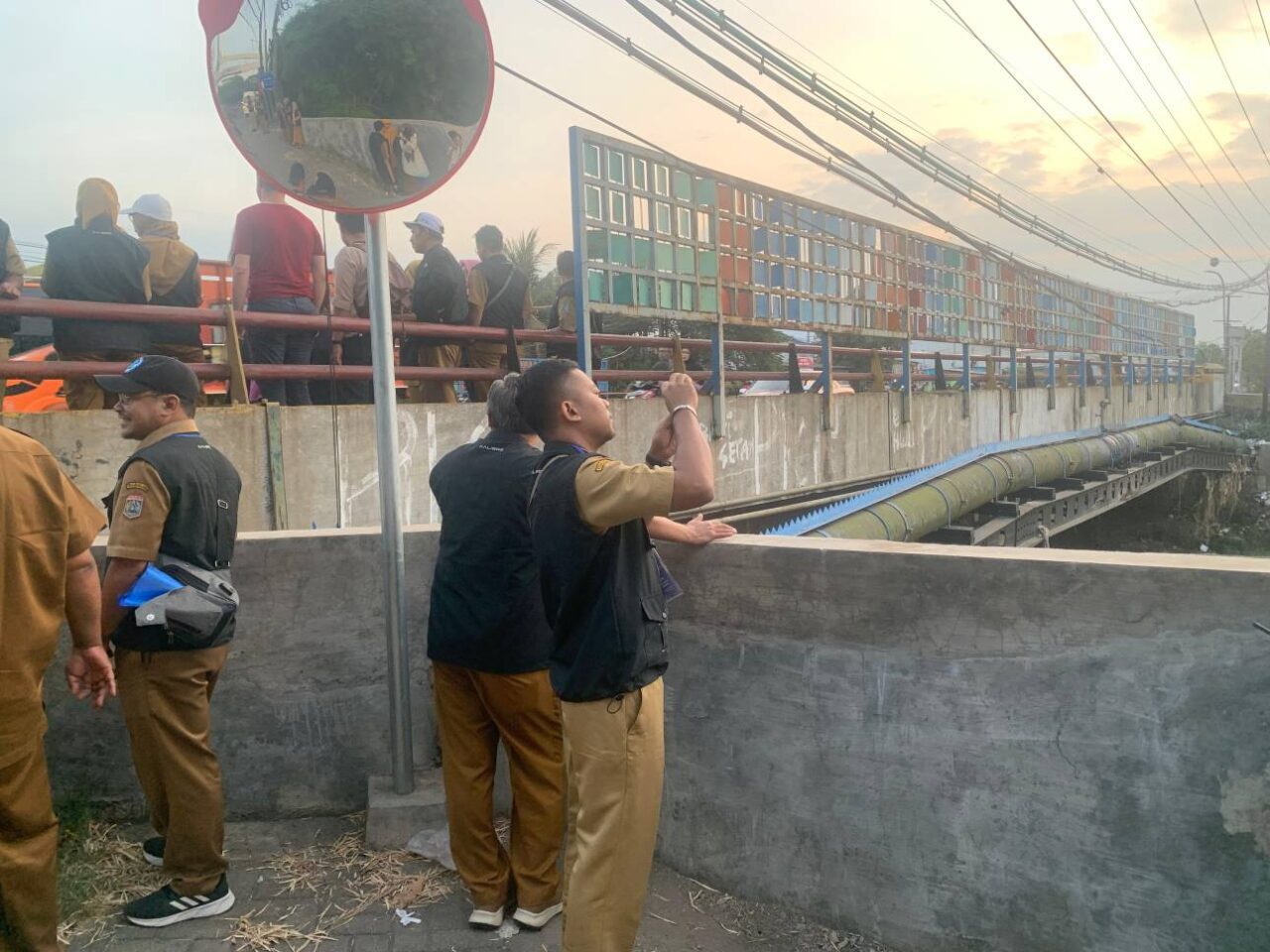
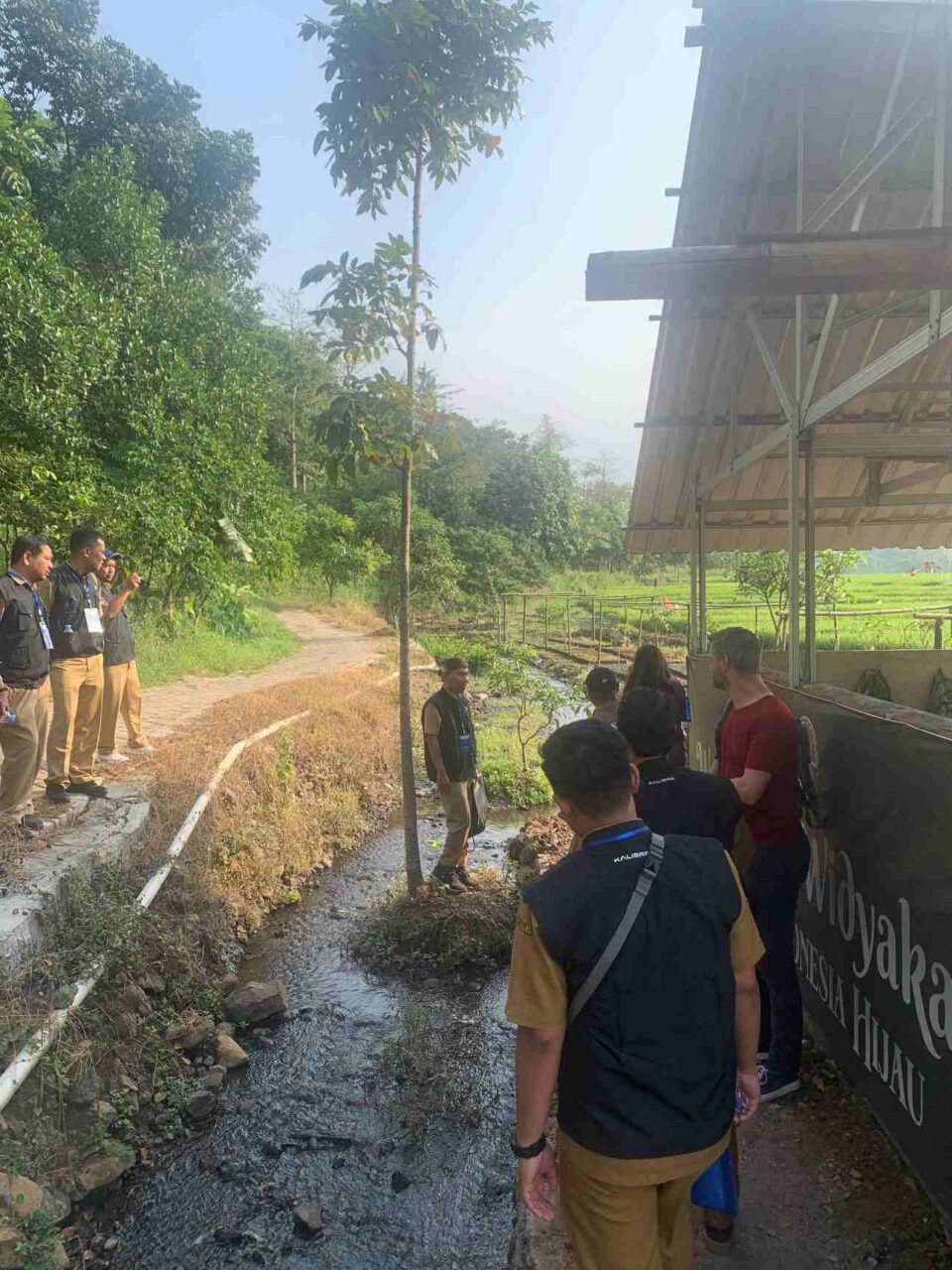
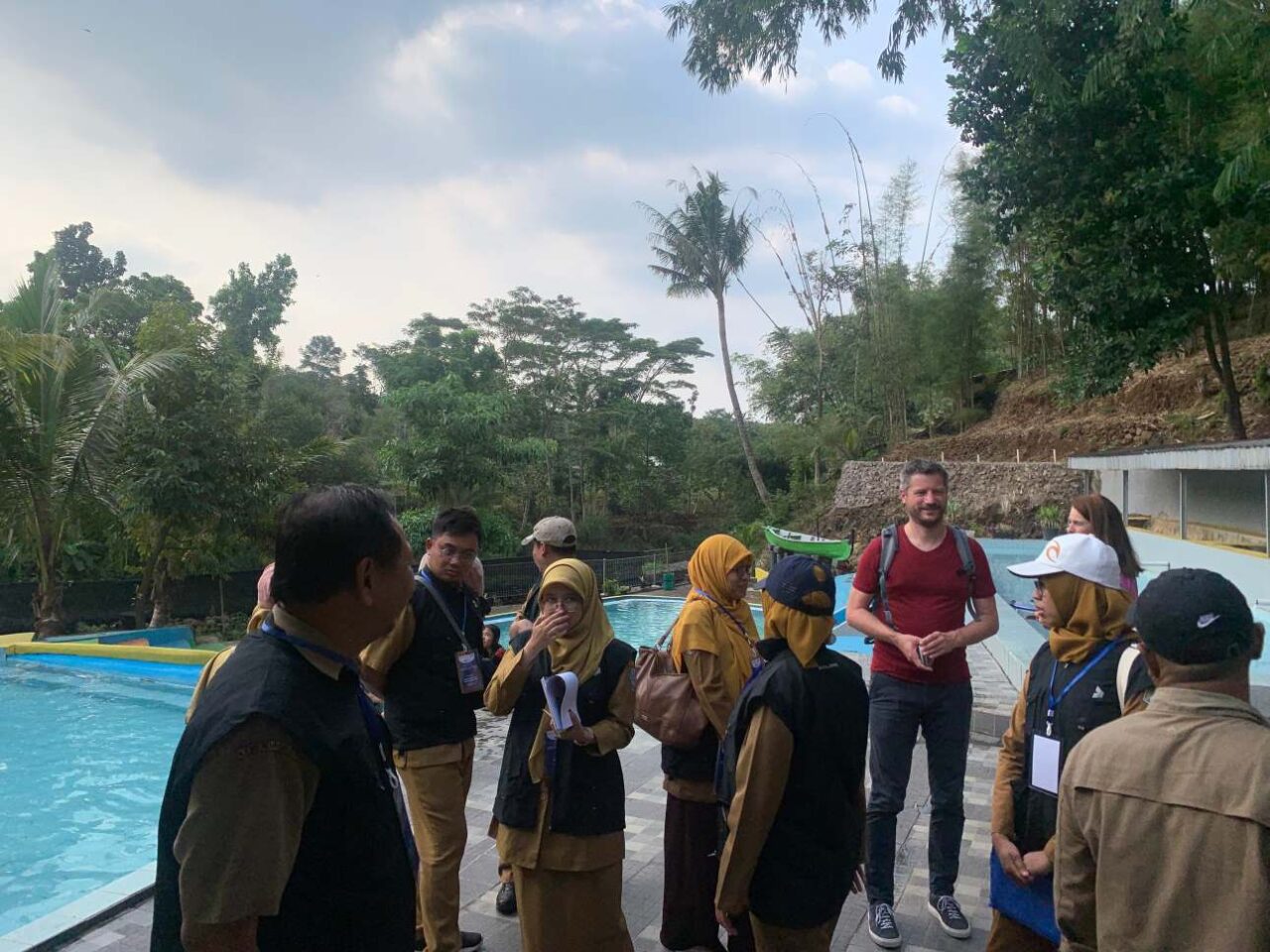
This workshop not only highlighted the importance of collaborative efforts in water resource management but also provided practical insights through site visits, showcasing real-world applications of conservation and flood management strategies.
Second Day: Reflections
The second day of workshop began with a reflection on the site visits conducted on the previous day. Participants discussed their findings at the various locations, reflecting on what they had learned during the online training sessions. They considered whether they could implement the training outcomes based on what they observed on-site.
Soon, the discussion would shift its focus to discussing the outcomes of the online training. Experts who had provided lessons during the training were invited to share their insights. Hans de Moel, the course director, facilitated this discussion with interactive tools and methods to initiate dialogues between the participants. Experts that contributed to the courses of the four clusters released on “River Basin Management” came forward during this opportunity, and discussed their lessons actively with the participants.
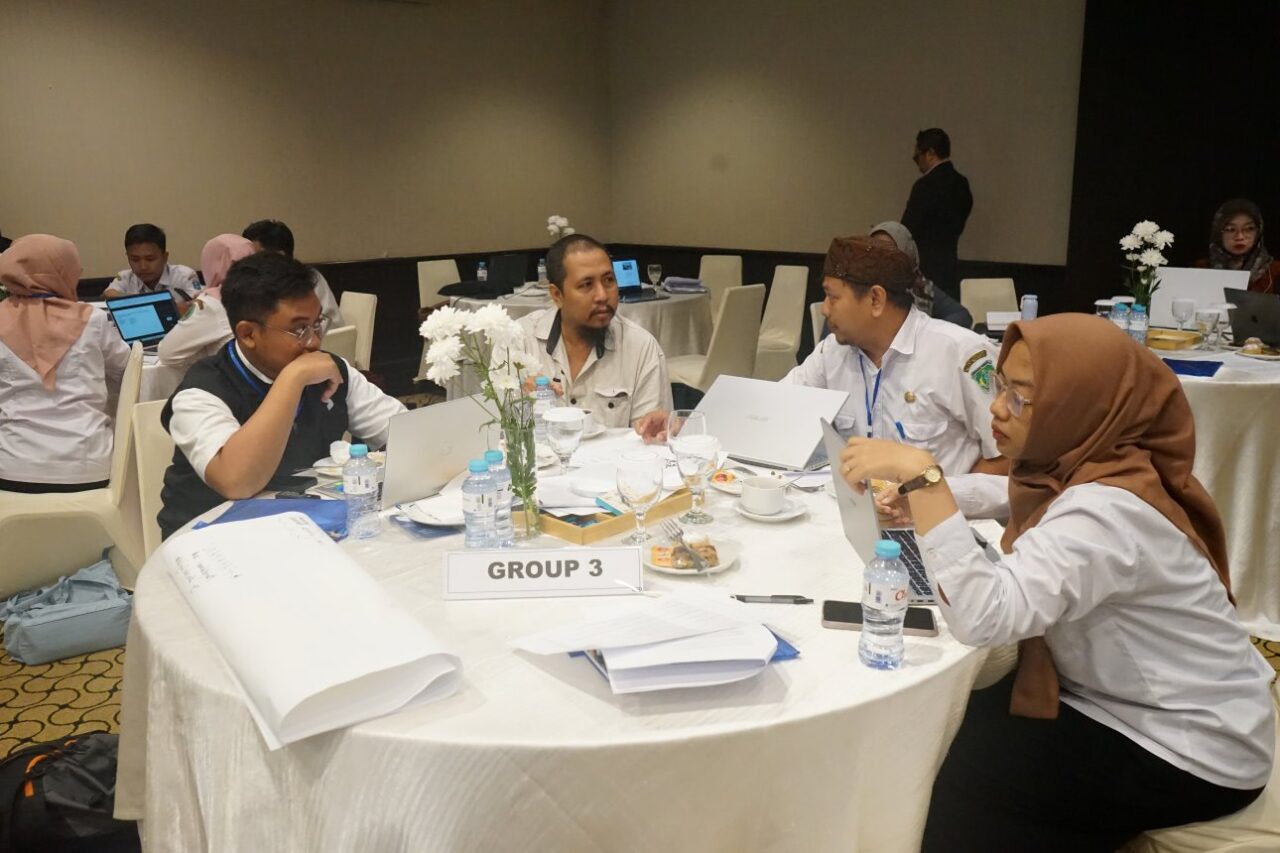
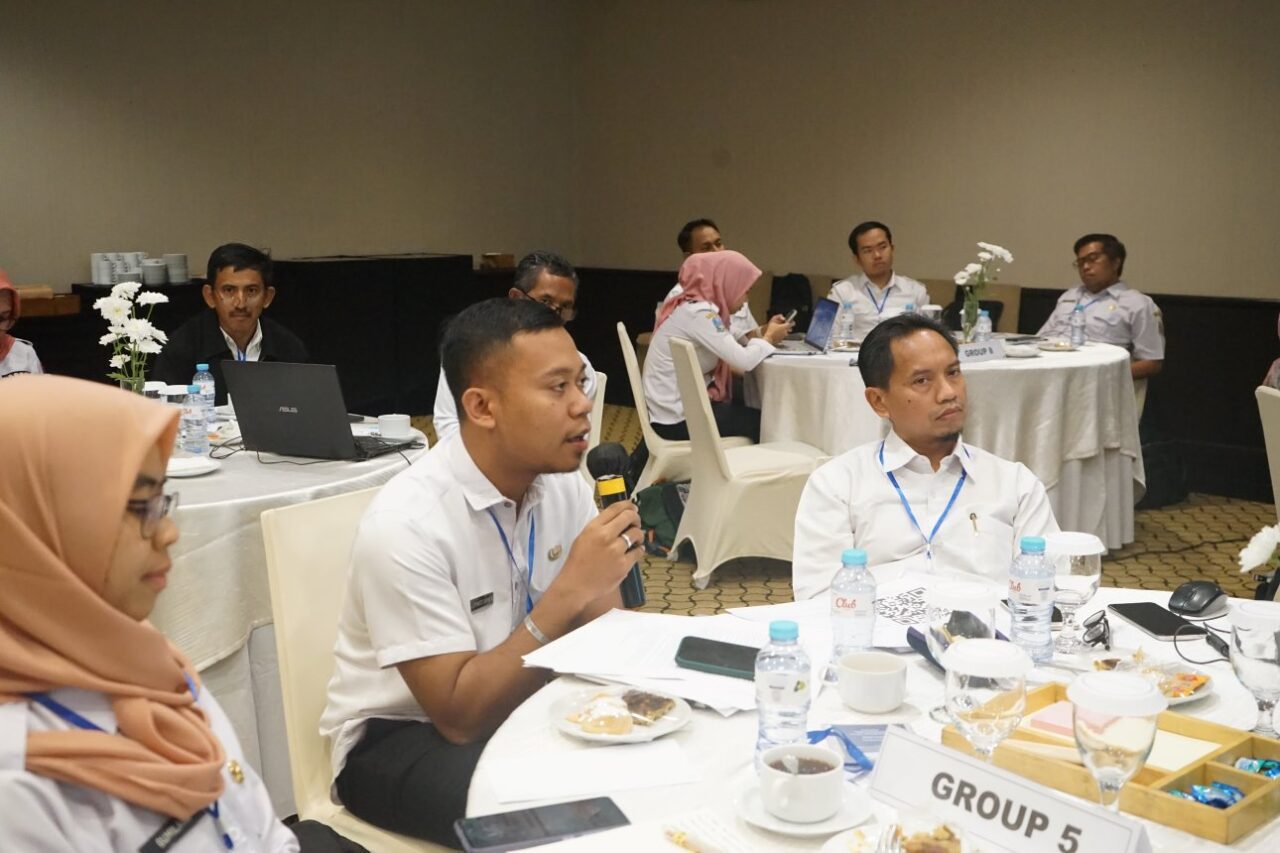
The discussion was then concluded with a summary and a group assessment to be completed the next day. It would, hopefully, produce program proposals that could be implemented through inter-agency collaboration.
Final Presentations and Closing Ceremony
The final day of the series of workshops opened with participants continuing the group work they had started on the second day. They would later on presented the results of their work in front of a panel of judges, who are experts in the river basin management field.
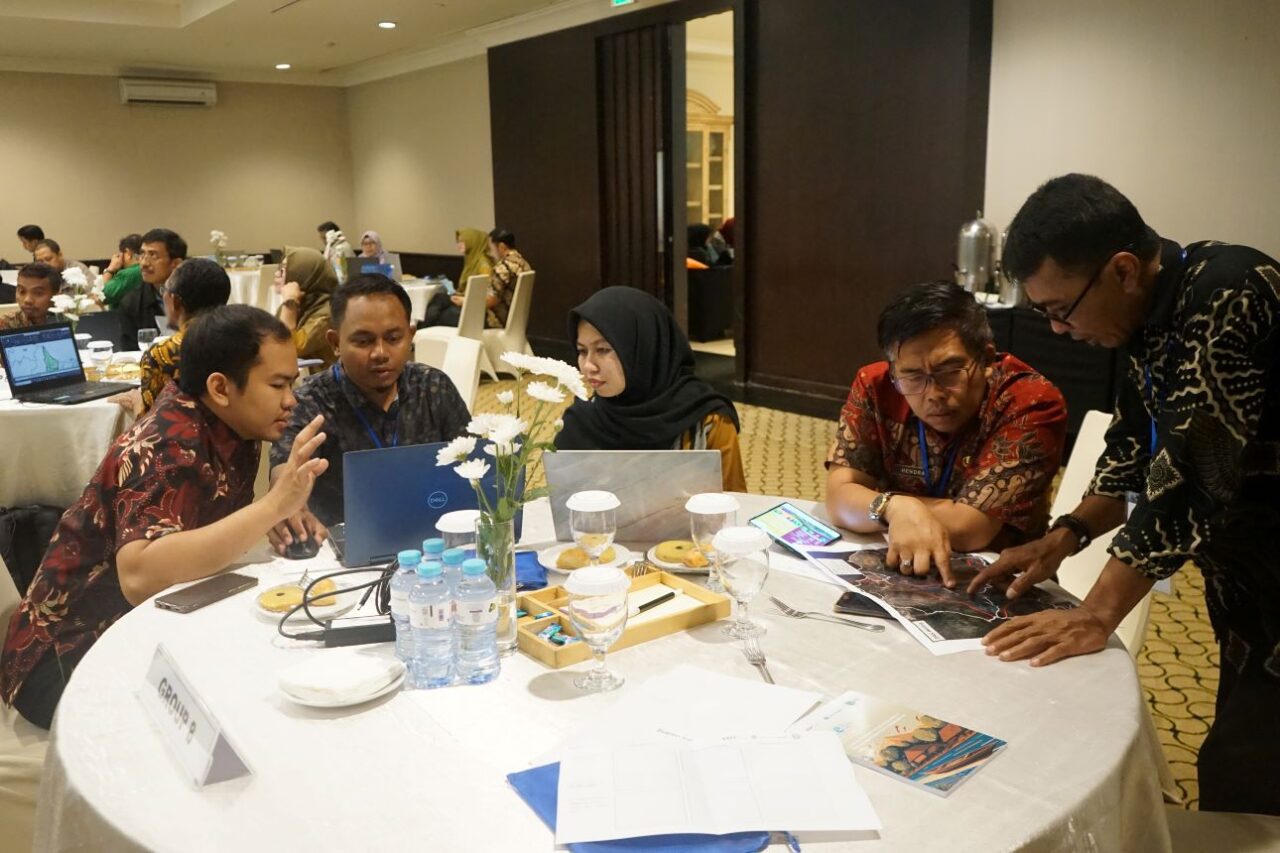
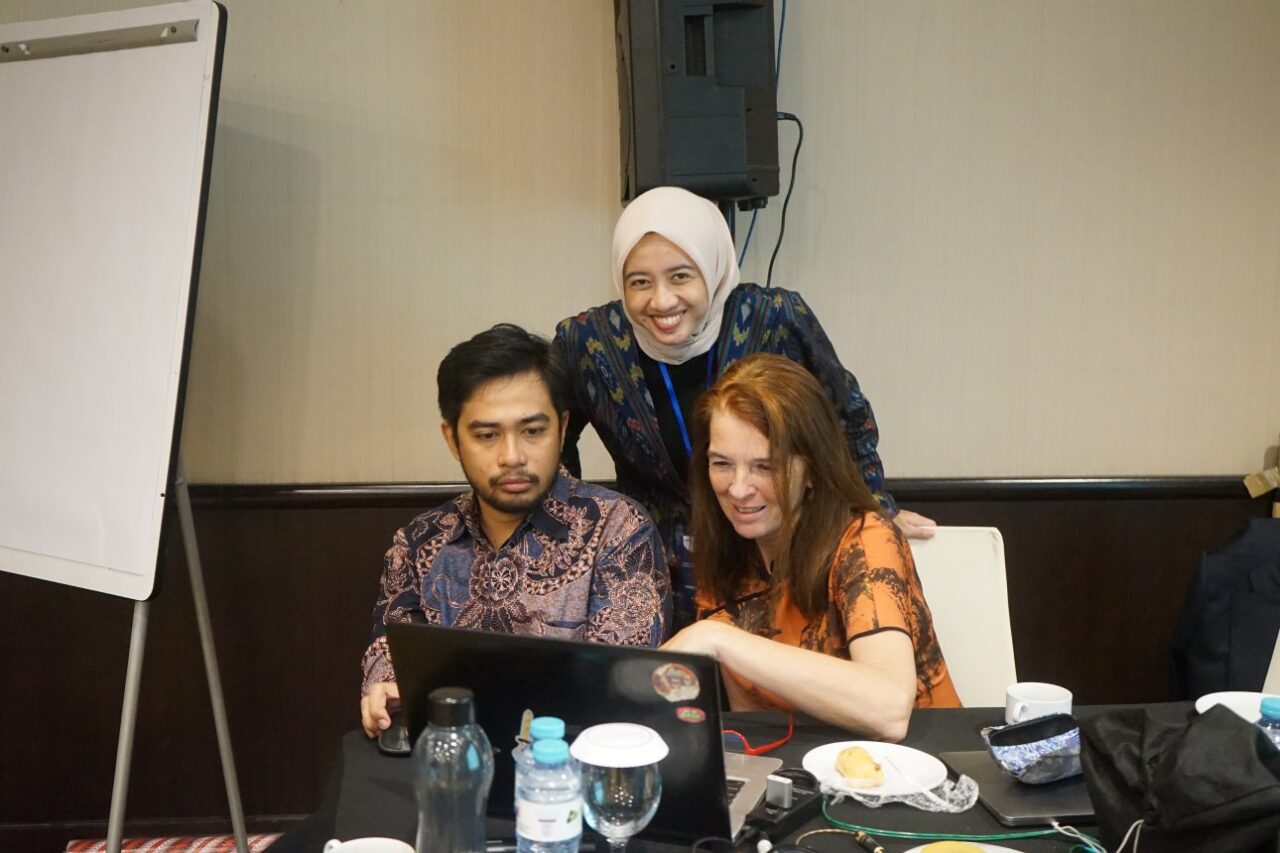
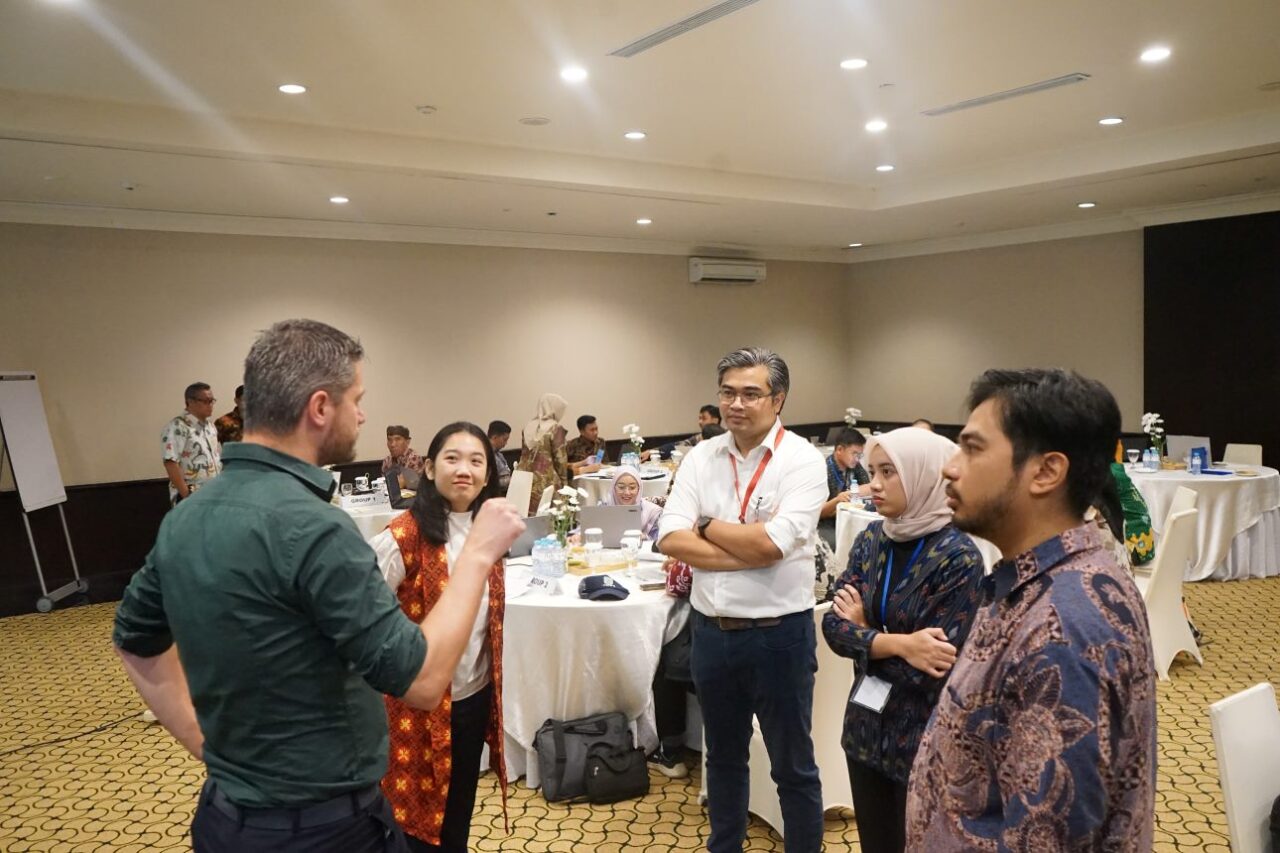
For this assignment, the judges evaluated the presentations based on several aspects. The presentation results were a key factor in determining the “winners”. Specific criteria that were included in the scoring were the participants’ performance in the online training and their interest as well as learning attitude throughout the offline workshop.
At the end of the presentations, Hans concluded that the goal was for these programs to inspire improvements in the Welang River in the coming years through inter-institutional collaboration. The event concluded with speeches from several parties, including Hans and various stakeholders, and the announcement of the “Top 8” participants. This event would later end with a group photo and a shared meal.
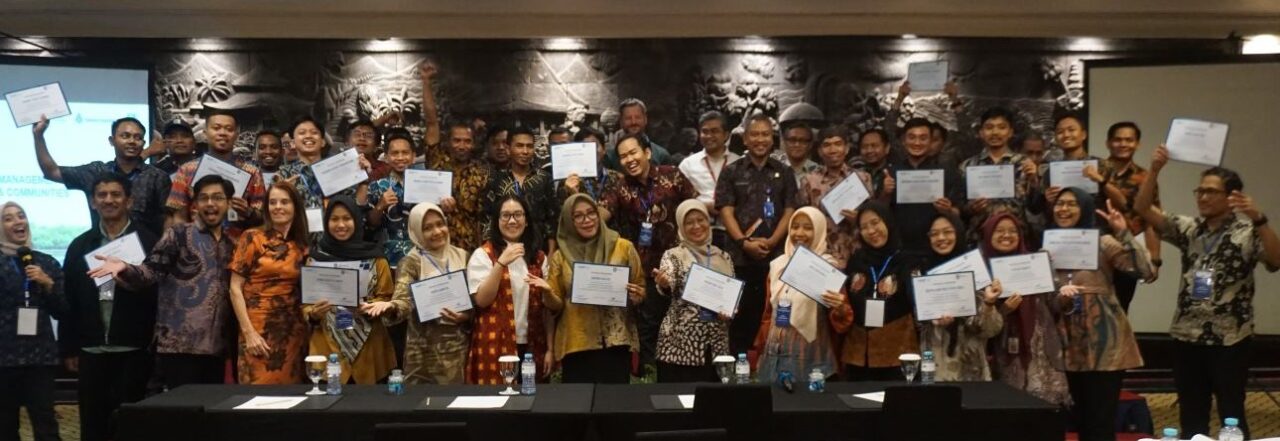
The entirety of this series of workshops not only highlighted the importance of collaborative efforts in water resource management, but also provided practical insights through site visits, showcasing real-world applications of conservation and flood management strategies.

